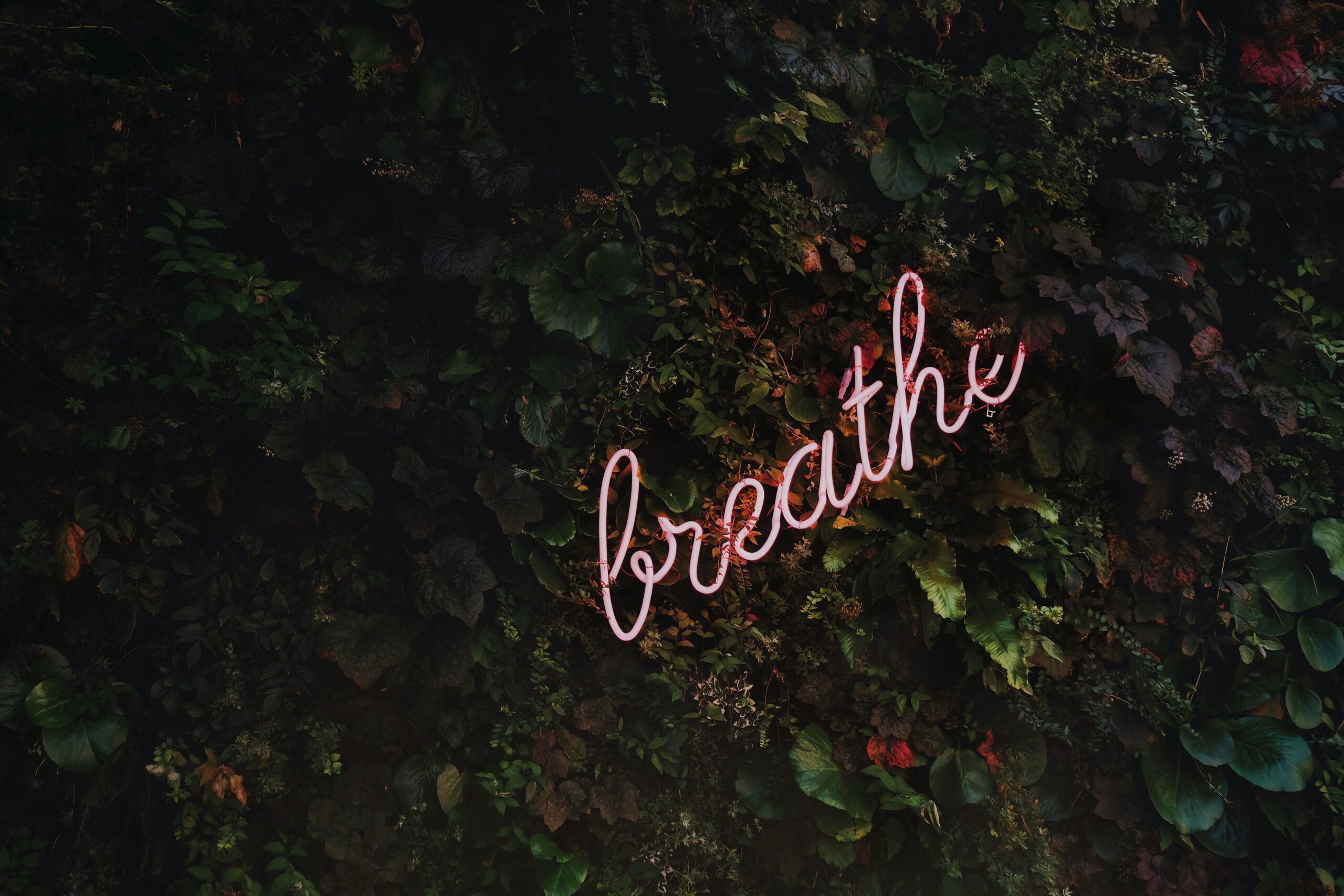7 Everyday Habits That Deplete Your Energy

Have you ever felt exhausted no matter how much rest you get and cannot pinpoint why? Do you feel that your energy level depletes as you perform daily tasks?
Energy. Can you recall how many times you feel that you are completely energised in your adult life? Most of us probably feel the opposite; we always feel a lack of energy despite tiny changes in our lives from day to day.
If you find yourself running out of energy quite frequently in your life, take a look at these everyday habits that may be the reason why:
- Watch emotionally charged shows.
Have you ever spent hours binge-watching an emotionally charged TV show? You feel mentally exhausted as you imagine what a specific character in the TV show would feel. Being able to put yourself in the character’s shoes is an excellent way to build empathy. However, when you are exposed to high-intensity emotions, you will be more susceptible to overstimulation and heightened arousal. You may need to exert extra mental effort to dampen these signals with emotional regulation strategies, leading to mental fatigue, poor concentration, and low energy levels. Therefore, to preserve your energy, you need to be aware of the type of TV shows that you watch. It is best to avoid consuming triggering or emotionally charged entertainment.
2. Taking shallow breaths

Most of the time, we don’t even notice our breathing since it is an unconscious process. When we are preoccupied with too many things to do, we will take shallow breaths. This will reduce the amount of the inhaled oxygen and the amount that can be transported in the blood to our organs and cells for optimal function. Apart from that, pathways in the brain that trigger anxiety and fatigue can be activated due to shallow breathing. One of the ways to combat this is to take several deep breaths, especially when you feel anxious or stressed.
3. Planning too far in the future
Do you like to organise your activities and schedule things in advance? Have you ever felt anticipatory anxiety because of the full calendar of obligations?
It is essential to plan your day and things to do in a week or a month, but if you go overboard, you will find yourself living in the future instead of the present. You may experience anticipatory anxiety, and your working memory and processing speed can be affected. This can impair your ability to stay mindful and finish tasks efficiently. Having work deadlines, meetings and appointments, and family activities planned ahead is crucial, but at the same time, you should leave some time for hobbies, relaxation, and nothing at all. Doing this will allow you to feel more in control of your life.
4. Letting little tasks pile up

Do you tend to accumulate little tasks until they pile up? Booking your dentist appointment, calling your parents, and changing a lightbulb. When you unintentionally pile up small tasks like these, it can be distracting and mentally draining. Having so many duties can feel exhausting and suffocating; even the simplest tasks can become overwhelming.
You can write the tasks down on a to-do list right away. When you do this, you will feel reassured that it will be dealt with eventually.
5. Having to stay indoors for a prolonged time
Are you working from home and spending a lot of your time indoors? Do you feel drained by the prolonged time being cooped up inside your house? Journal of Environmental Psychology published a series of studies demonstrating humans require nature to flourish. The research did not investigate the reasons, but it showed that the participants experienced a significant increase in the level of energy when they spent time in natural settings or imagined themselves in such situations. This effect is not associated with physical activity or social interactions. In other words, if you want to replenish your energy, occasionally take a break and get some fresh air and sun if possible.
6. Slouching

Are you slouching when you are at your desk? Do you have neck and upper back pain because of your faulty posture during prolonged smartphone use? Poor posture puts additional strain on your joints, ligaments, and muscles, which causes you to feel fatigued. Wilkes et al. published a paper in 2017 which demonstrated that upright posture might increase positive affect, reduce fatigue and decrease self-focus in people with mild-to-moderate depression. Standing tall, sitting up straight, and investing in a good ergonomic chair are the best ways to prevent putting too much strain on your body. Don’t carry heavy bags as they can strain your body as well.
7. Not drinking enough water
According to a dietitian, Amy Goodson, experiencing even a minimal amount of fluid loss, as little as 2%, can cause energy depletion. Center for Disease Control published a report in 2020 stating that in 2011-2014, an average of 39 ounces of water was consumed by American adults daily. Furthermore, according to a Food Surveys Research Group report, the average American only drinks four cups of water each day, which is inadequate. When you are dehydrated, your blood volume will be reduced, causing the blood to be thicker. Consequently, your heart pumps less efficiently, causing oxygen and nutrients to reach your muscles and organs at a slower pace. So, it is advisable to carry a water bottle everywhere you go and to take a few sips every now and then to stay hydrated and feel energised.
Final thoughts

Your energy is analogous to the water in a cup with a hole in the bottom. How can you make sure that the cup holds up sufficient water? You can either add more water into it or make the hole smaller. To heighten your energy level, you need to adopt habits that can fill up the cup and simultaneously reduce the size of the hole.
REFERENCES
Centers for Disease Control and Prevention. (2020, December 3). Get the facts: Drinking water and Intake. Centers for Disease Control and Prevention. Retrieved January 3, 2022, from https://www.cdc.gov/nutrition/data-statistics/plain-water-the-healthier-choice.html
Ryan, R. M., Weinstein, N., Bernstein, J., Brown, K. W., Mistretta, L., &; Gagné, M. (2010). Vitalizing effects of being outdoors and in nature. Journal of Environmental Psychology, 30(2), 159–168. https://doi.org/10.1016/j.jenvp.2009.10.009
Sebastian, R. S., Enns, C. W., &; Goldman, J. D. (2011, September). Drinking Water Intake in the US. Retrieved January 3, 2022, from https://www.ars.usda.gov/ARSUserFiles/80400530/pdf/DBrief/7_water_intakes_0508.pdf
Wilkes, C., Kydd, R., Sagar, M., &; Broadbent, E. (2017). Upright posture improves affect and fatigue in people with depressive symptoms. Journal of Behavior Therapy and Experimental Psychiatry, 54, 143–149. https://doi.org/10.1016/j.jbtep.2016.07.015



Responses